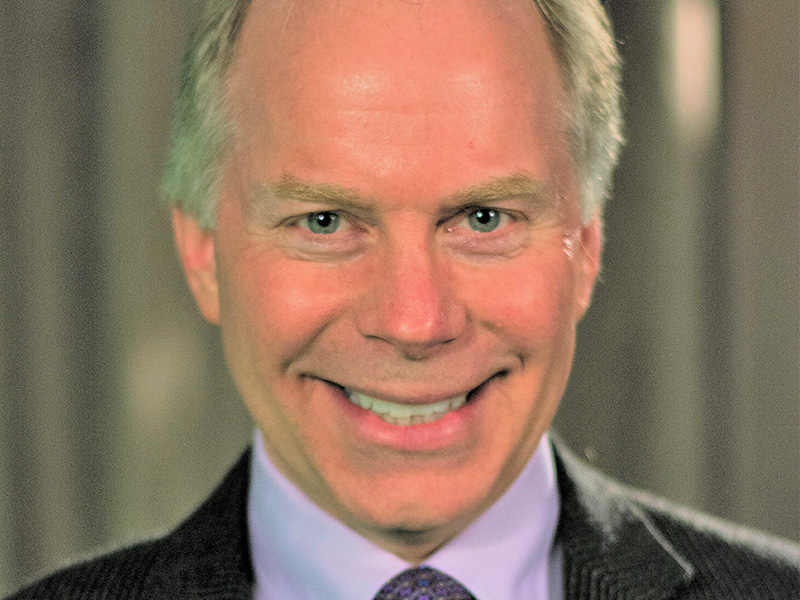Clarion
Clarion professor studies COVID-19 response in New Zealand
'The people aren’t the problem; the virus is.'

A PennWest Clarion professor of communication recently spent four months in New Zealand to study its response to the COVID-19 pandemic.
Dr. Andrew Lingwall traveled to the capital city Wellington, where he worked with a colleague from Massey University to determine which elements of the country’s Unite Against COVID-19 campaign were successful in gaining compliance with health measures like masking, vaccines and social distancing.
In the early days of the pandemic, New Zealand gained attention for controlling community spread of the virus. Unite Against COVID-19 was a full communications plan designed to provide New Zealanders with accurate information while encouraging compliance with health measures designed to slow the spread of the virus.
“What we found was that the campaign, although it had to come together quickly in the early days of a public health emergency, was extremely consistent and coherent,” Lingwall said. “From the colors, the campaign messaging, iconography and graphic communications, there was very strong brand identity.
“But what’s interesting is they built this in a scientific way. The title says a lot about their research:
Unite -- Unified source of truth; Against -- The competitive appeal of being “against” something.
COVID-19: A way to externalize it. The people aren’t the problem; the virus is.”
Early on, the campaign was very successful, as the country “declared victory” over COVID. In time, as the pandemic’s negative effects on daily life and the New Zealand economy grew, “the campaign’s wheels began to fall off,” Lingwall said.
“The campaign needed to be rebranded, and officials also acknowledged they should have networked better with the Maori and Pasifika indigenous populations, some of whom live in very isolated beach communities and don’t use the health system in the same way.”
Lessons learned
Lingwall and his research partner are analyzing and writing up their findings for a research paper and a best-practices handbook for government and health communicators.
He also is using the experience in the classroom. In “Exploring Mass Media,” he is teaching the influence of TV, newspapers, radio and social media on public health. The “Media Ethics” class has done a unit on truth and how it may depend on the source.
“I hope to be able to get some PR pros or those in the government in New Zealand to do a Zoom session with our students, to learn how the campaign has evolved,” Lingwall said.
“We hope this work will help with the next crisis,” he said.